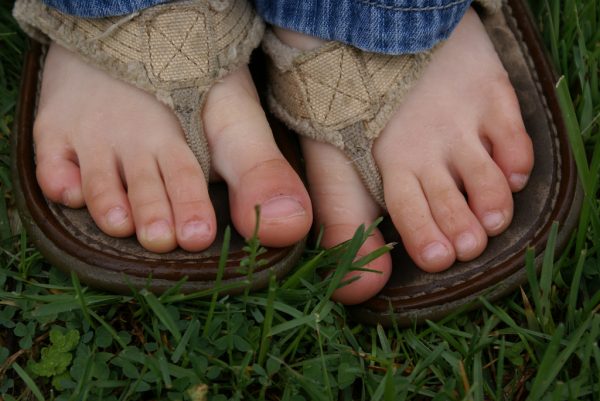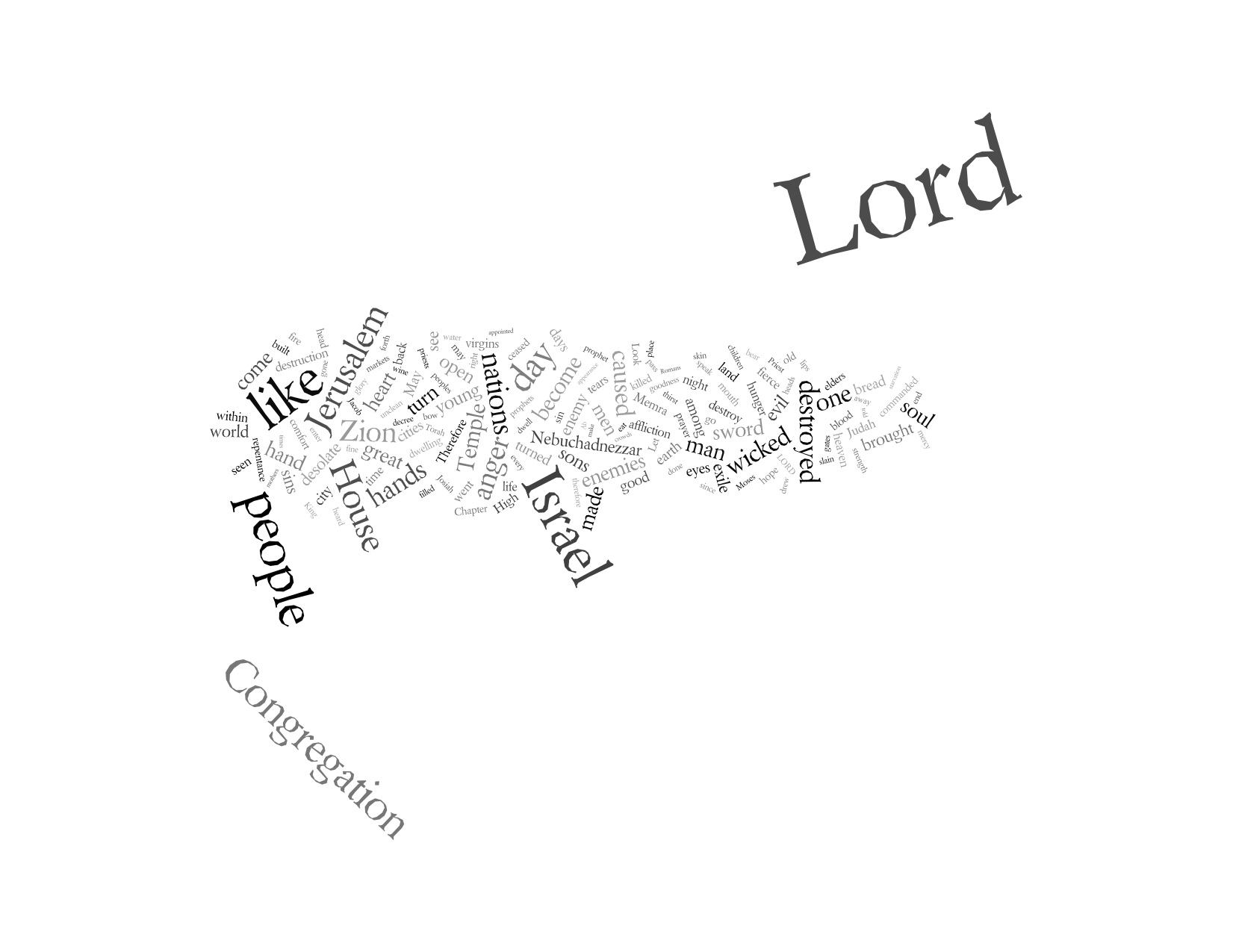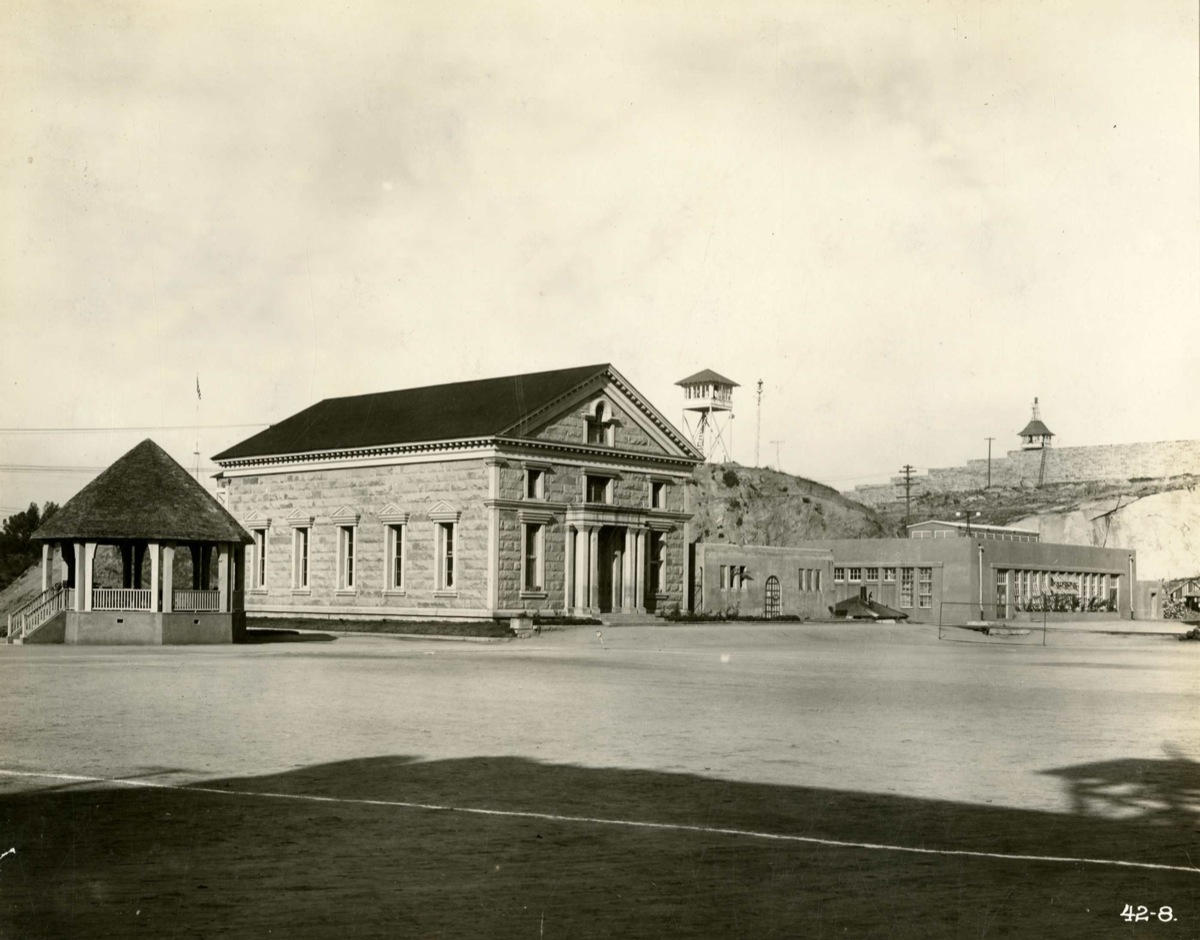After tragedy has occurred to us, fallen upon us, how do we walk on, lacing up those painful shoes I talked about in my poor analogy? How do we carry on, day after day? We must begin by being open to and accepting the grace that is offered to us.
I consider what happed to the Man and the Woman after they had chosen to forge their own path, a path that led away from God and out of the Garden. Once they were confronted with their disobedience and the consequences of their decision, God punished them he does not abandon them. God provides for them.
Gen. 3:21 And the Lord God made garments of skins for the man and for his wife, and clothed them.
There, in the midst of their new self-awareness of nakedness, shame of sin, and overwhelmed with the realization that their whole world was literally changing, never to be the same, they are graciously provided with warmth and protection. Granted, compared with what they have just lost it is not much, but it is comfort.

It is a small passage, one verse before we move on to what many also see as another act of grace, removing humanity from the Garden so that they may not eat of the Tree of Life and live forever with their new knowledge. Yet it serves as a reminder that in our own time of grief God remains with us, offering us comfort that we would do well to accept.
How often are we in the midst of our own frustration and hurt when someone offers us some seemingly small kindness. In the face of the loss of a child, a chicken casserole can seem absurd and yet it is grace. That simple offering removes from us the need to think about groceries, cooking, and the day-to-day duties that we must eventually get back to, but in mourning are simply too much to consider. It also shows the other person’s love and allows them to participate in our grief as well. It is also just for a time. (Although we found a green bean casserole, the one with the dried onions on top, in our basement freezer three years after Mack had died. Some things last longer than others.) We who grieve must be willing to accept these small acts as and when they come, not only for ourselves but for the blessing of the giver as well.
It was just some basic clothes, hardly anything in comparison to what the Man and the Woman had just lost, had just given away. Yet they were sacramental. According to the Book of Common Prayer, “sacraments are outward and visible signs of inward and spiritual grace.” Those clothes of skin were not simply to provide protection and physical comfort, but were also symbols, reminders of God’s continued presence with them as they left the safety of the Garden.
This is a biblical truth found not just in one small verse; it is throughout the Bible. God is present, God is with us. Consider when God first told Moses that he had heard the prayers of his people and was sending him to bring them up out of their captivity.
Ex. 3:11 But Moses said to God, “Who am I that I should go to Pharaoh, and bring the Israelites out of Egypt?” 12 He said, “I will be with you; and this shall be the sign for you that it is I who sent you: when you have brought the people out of Egypt, you shall worship God on this mountain.”
No doubt Moses was more than a bit nervous or scared, leaving aside the whole burning bush for a moment, the prospect of taking on the Egyptians was undoubtedly a point of concern. In fact, Moses objects three times to God’s calling him to this task. But notice God’s very first response to him: “I will be with you.”
“I will be with you.” It is the same assurance that was given to Gideon when God called him to deliver his tribe from the Midianites. “The angel of the Lord appeared to him and said to him, “The Lord is with you, you mighty warrior.” (Judg. 6:12) Like Moses, Gideon was not so sure this was a mission that he wanted. Like most of us, Gideon considered the world he lived in and wondered, “But sir, if the Lord is with us, why then has all this happened to us?” (Judg. 6:13)
Why? Because humanity continues on the path that we chose in the Garden. The very structure of the Book of Judges is ordered by the cycle of obedience and rejection of God. While Gideon had his doubts and asked God proofs of his calling, he came to accept that God was indeed with him and would guide him in walking the path before him. He followed God’s leading and “the land had rest forty years in the days of Gideon.” Yet Gideon himself eventually allowed the power and prestige that he gained through his initial obedience to lead him into greed and the Israelites into idolatry (Judg. 8:24-7). Yet God never left the Israelites, indeed he has never left humanity.
When Gabriel came to Mary he said, “Greetings, favored one! The Lord is with you.” (Luke 1:28) And through Mary, the Lord is with all humanity. Again, as God calls someone into a time of trial and difficulty he declares “I am with you.” Everything about Gabriel’s announcement to Mary was fraught with fear and anxiety. Betrothed, but not yet married, she was now pregnant. The salvation of the world would only come through the loss of her baby boy. For all the assurance of the angels, I am sure she grieved no less than any other mother.
“The Lord is with you.” This is the grace of God (or a grace from God), the freely given gift that enables us to continue to move through this world, even while looking for the complete healing that will only come in the world to come. Jesus himself offered the same encouragement to the disciples on multiple occasions, most notably his last words recorded in the Gospel of Matthew. “And remember, I am with you always, to the end of the age” (Matt. 28:20).




